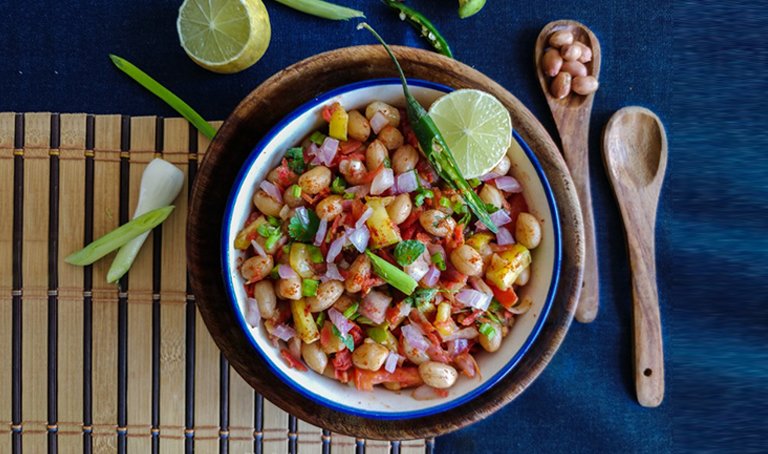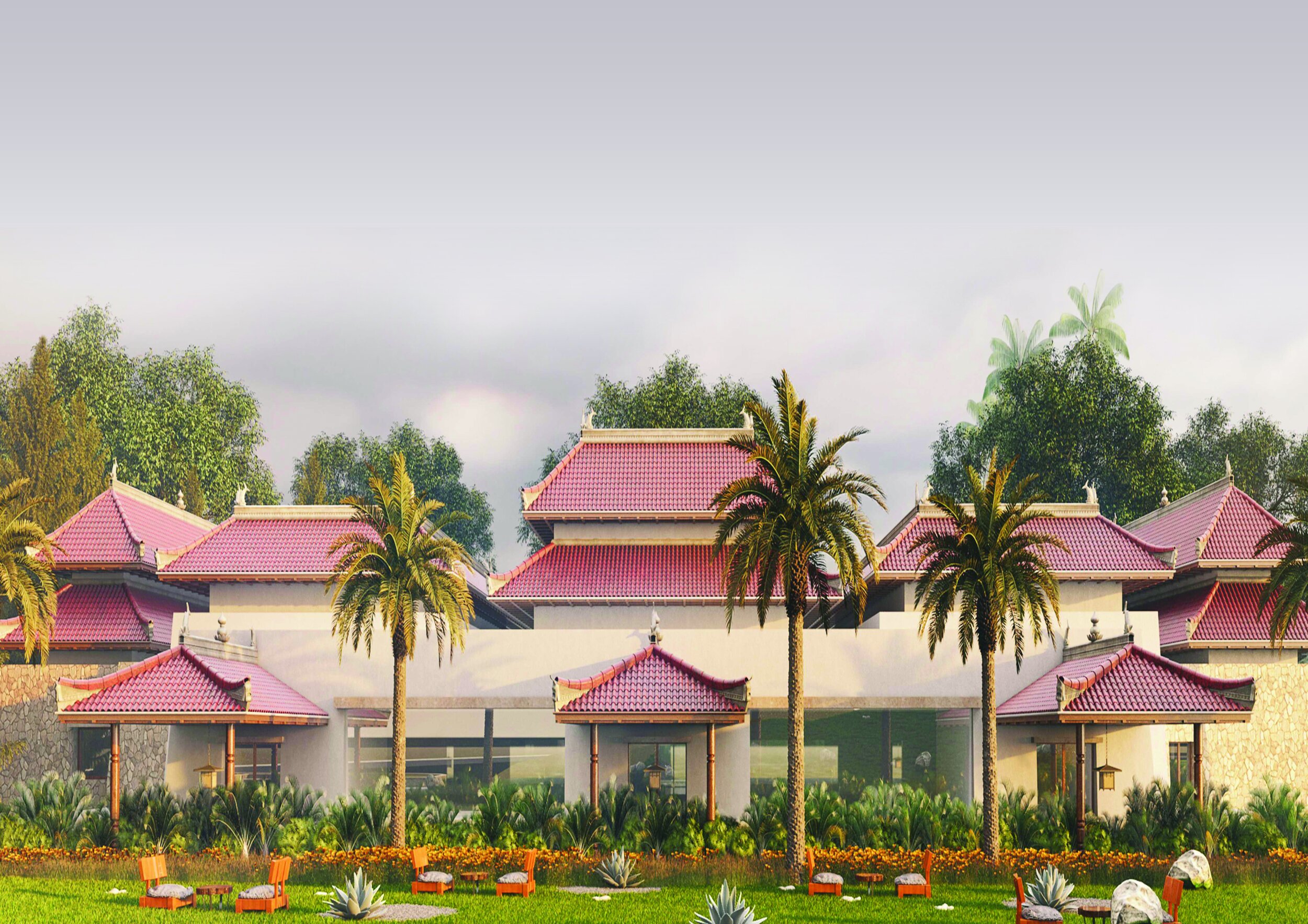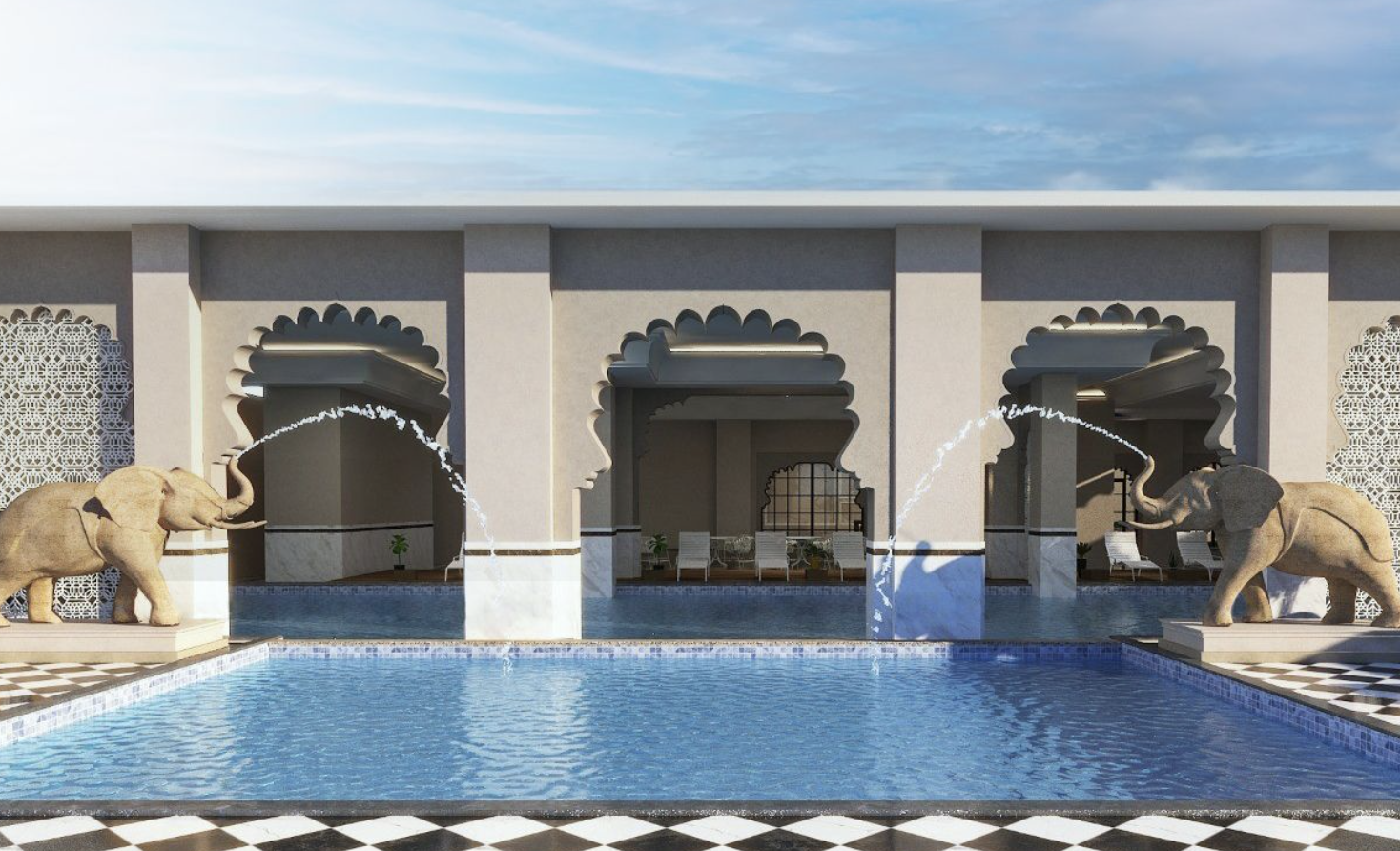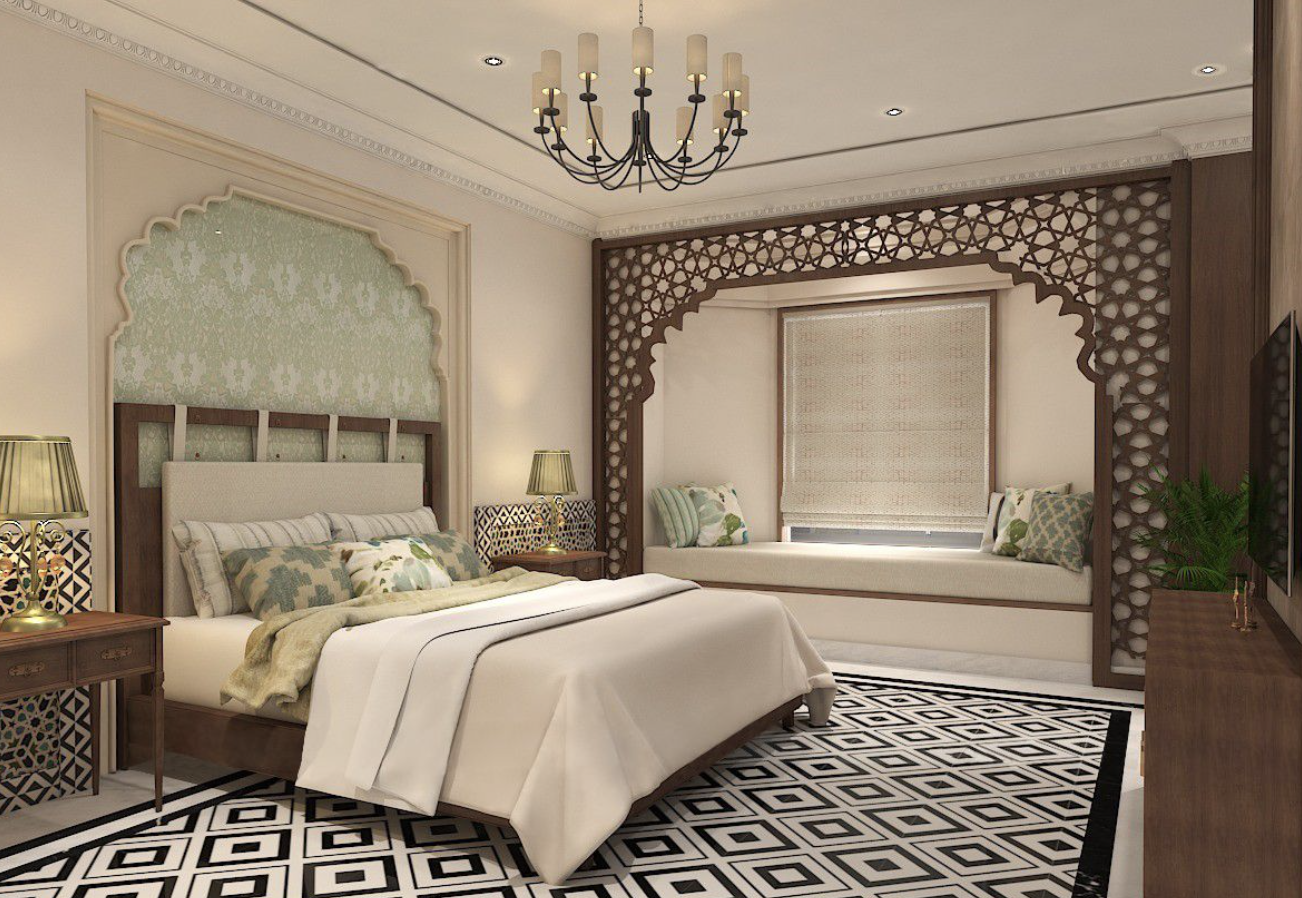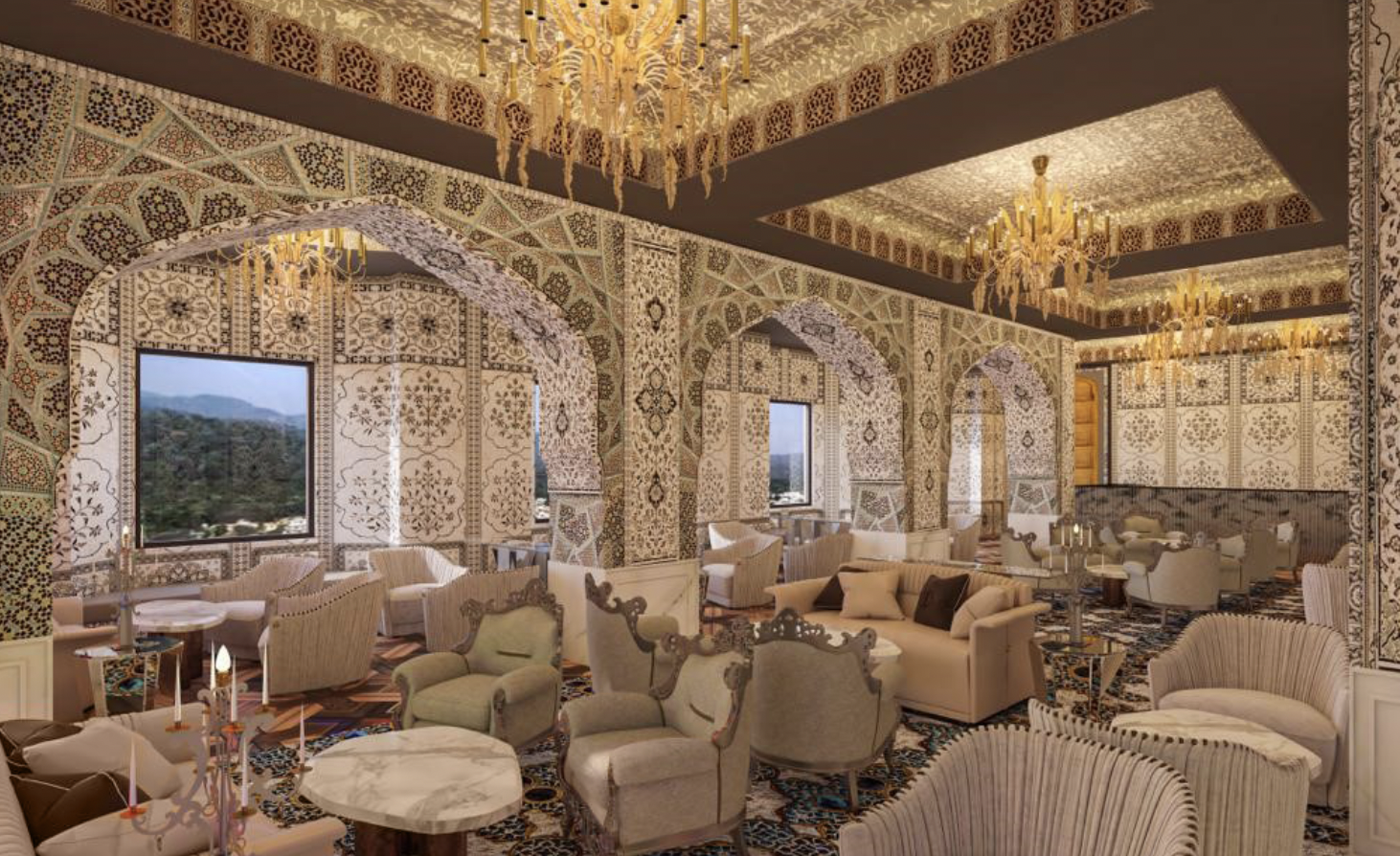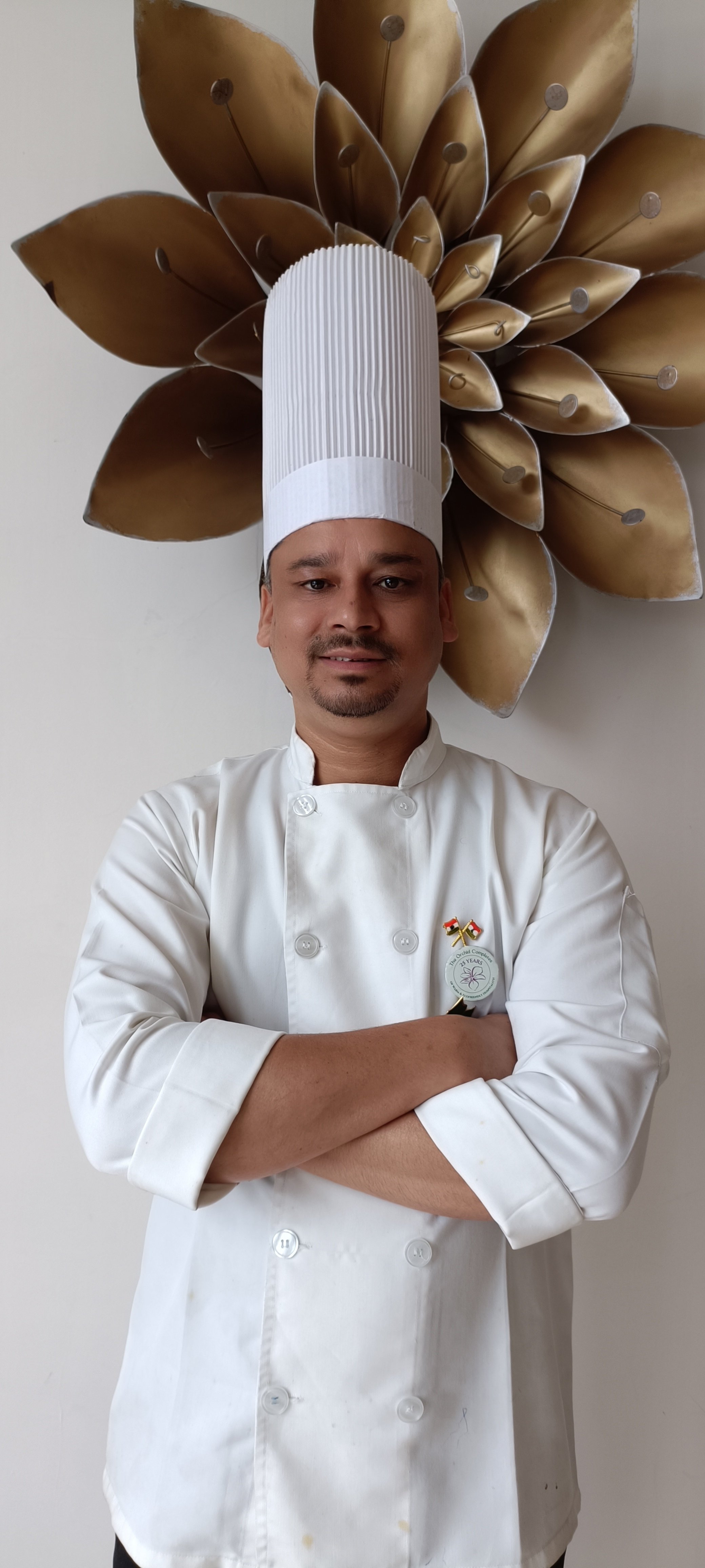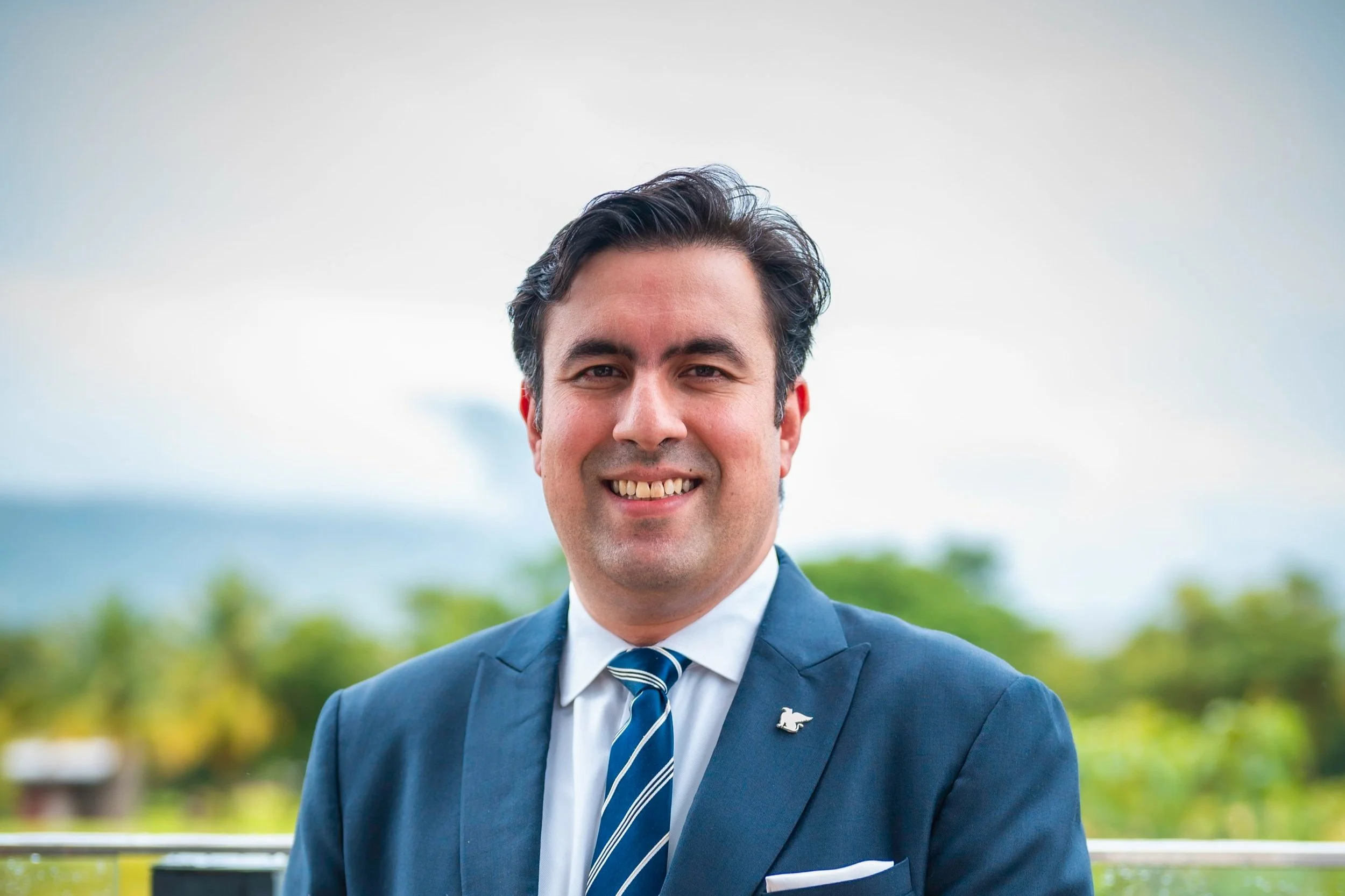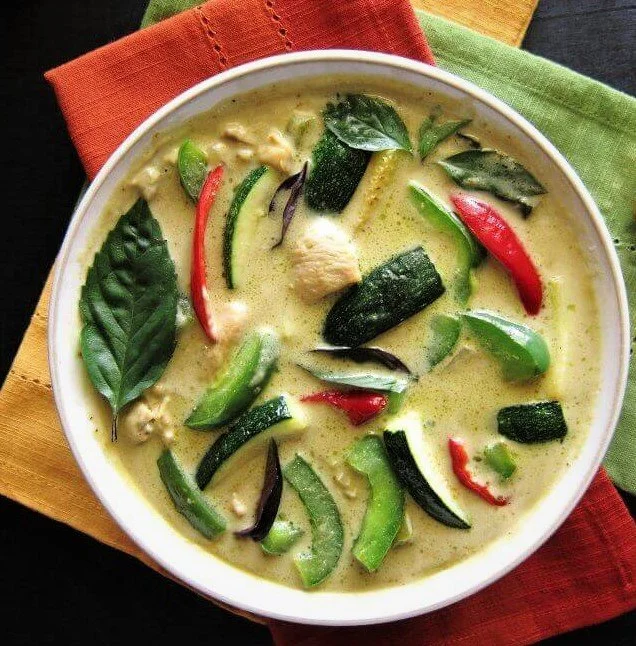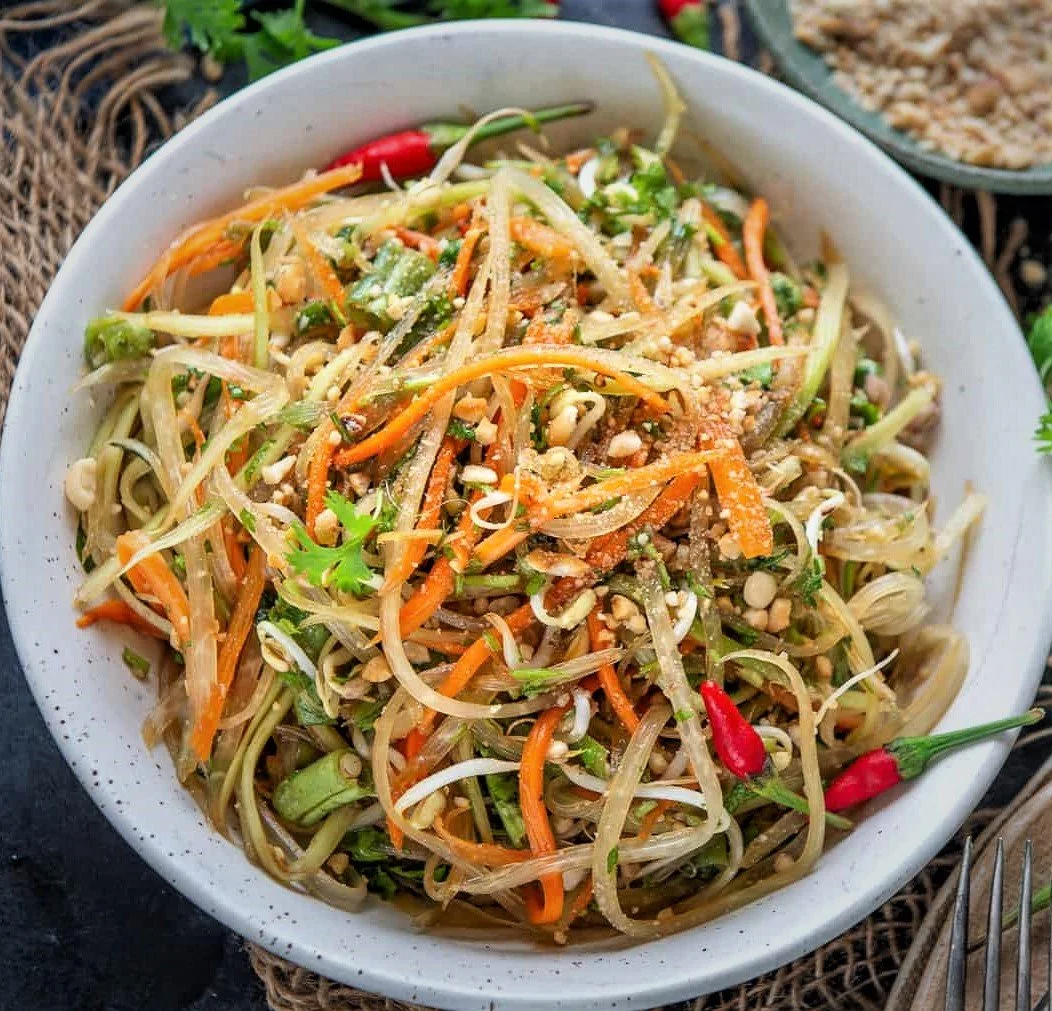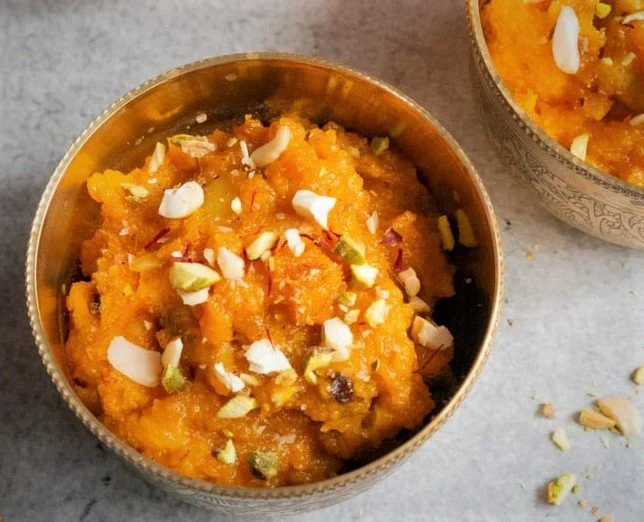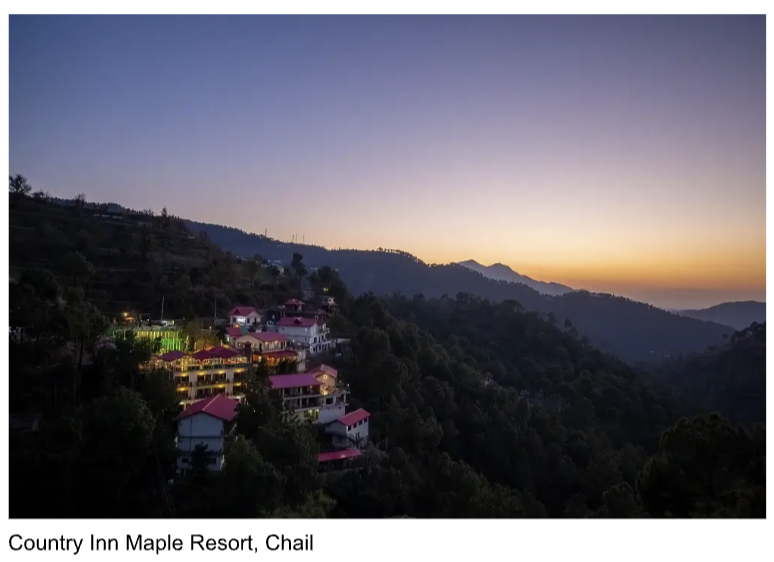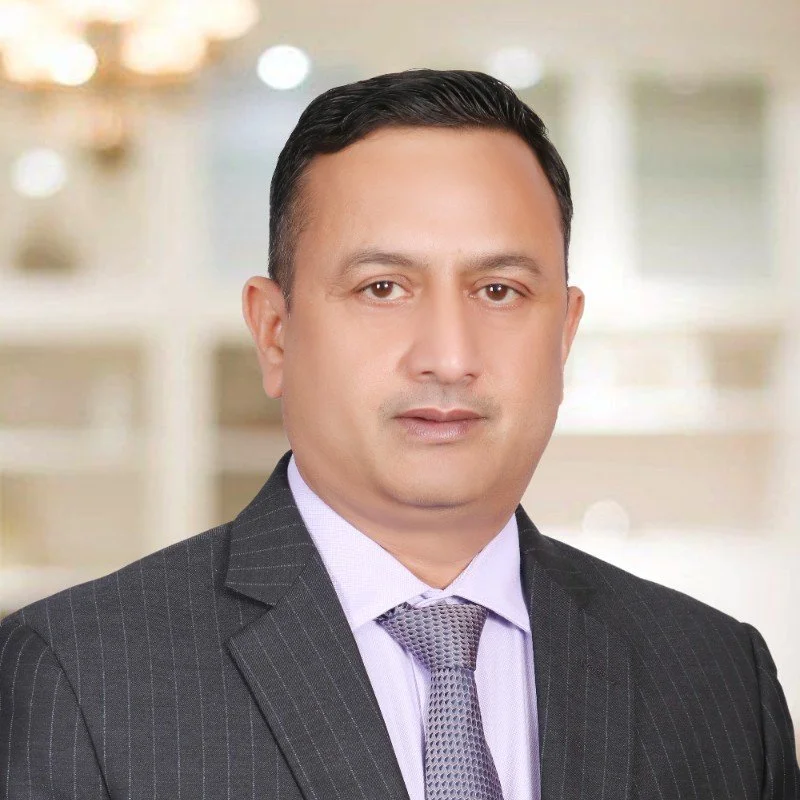Resort in Mai Chau Vietnam rolls out a myriad of initiatives that put the planet first
As eco-initiatives evolve, going plastic-free is the minimum a resort can do to lighten its environmental impact. Avana Retreat, situated amid the mountains of Vietnam’s Mai Chau province, has been making sure its footprint is featherweight since debuting in the pandemic. Through extreme tree planting projects, cultural initiatives to maintain ethnic minority traditions, organic farming, neighborhood trash collecting partnerships with youth groups, and turning one of its star attractions - terraced rice fields - into a source of income for the community, Avana is working in unison with the environment. As for plastic, you won’t find a bottle or single-use bag in sight. The property even has its own purifying and bottling facility on-site, which uses fresh mountain water and cuts CO2 emissions.
Reforestation and building biodiversity
“There is a Vietnamese saying ‘Where there is good land, the birds will come and settle’,” said Mr. Vu Huy, founder of Avana Retreat. “We have planted over 10,000 trees in the area since we started developing this land and the bird life, well, we’re seeing more and more return. In fact, the wildlife has flourished.”
Avana Retreat has prioritized re-foresting and working with the existing landscape. Raised pathways weave a way to both the spa and waterfall in an attempt to limit existing tree-cutting. The electric buggy and walking paths are purposefully narrow so that the impact on the vegetation is minimized. The terraced rice paddies, within the resort grounds, are also not just for decoration.
For generations, the Hmong people have been cultivating the land to grow rice. Avana Retreat’s rice terraces are maintained by local ethnic groups who keep all the rice they harvest at Avana to eat or sell as they wish. This method of rice farming is a long-standing tradition, a cultural practice that has endured over time, and is one of the many aspects of the ethnic groups of the region that Avana Retreat shares with guests.
Helping local culture and economic livelihoods flourish
The property’s museum, housed in a more than 50-year-old Thai style stilt house, is the hub for cultural activities. Inside guests can learn about the various ethnic groups that live in the area, their traditions, clothes, and customs. Underneath the raised house, there are hands-on opportunities to experience the culture from rattan weaving workshops to Batik art classes, where textiles are created with symbols of significance for the Hmong people.
“The traditions and culture of the ethnic minority groups of this area are shared orally,” explained Huy. “We want to play our part in keeping those traditions and stories alive through our museum, experiences, and through classes with local artisans who are just as passionate about what they do as we are.”
Avana does more than work with just local artists though. More than 90% of staff are from Thai, Hmong, and Muong villages. Most of the current team lacked education beyond high school and were provided with hospitality training, sustainable development education, and English lessons, as well as given health insurance, professional working conditions, promotion prospects, and additional job training for continual development.
The property’s design was created with direct input from local people. Hmong techniques were used to make the earth walls and the Thai people weaved the roofs of the villas, restaurants, and spa, in their traditional style. The artistic traditions of the region are ever present throughout Avana, from the hundreds of individually crafted lanterns lining pathways and within the rooms and public spaces, to the Batik artwork adorning the walls.
Going organic inside and out
Earlier this year Avana launched their own natural, pesticide-free garden, where they grow a vast selection of herbs and vegetables that appear on guests' plates. From chayote to coriander many typical Vietnamese flavors can be found in the new vegetable patch. Also on site is a free-range chicken farm where around 300 chickens enjoy a spacious home, while supplying the kitchen with an abundance of eggs.
Organic essential oils and natural ingredients are used for the soap, shampoo, and conditioner found in the refillable bottles in-room. At the spa, nature is also tapped for the products used with organic extracts from herbs, flowers, and fruit used in massages and facials, as well as in the candle-making workshop available for guests.
“At each stage of developing Avana, we’ve asked ourselves, ‘how can we offer the best to our guests and the community while making sure that we’re doing the best we can for the environment?’,” added Huy. “As we continue to grow in the experiences we offer and the property itself, this idea remains our guiding philosophy.”












